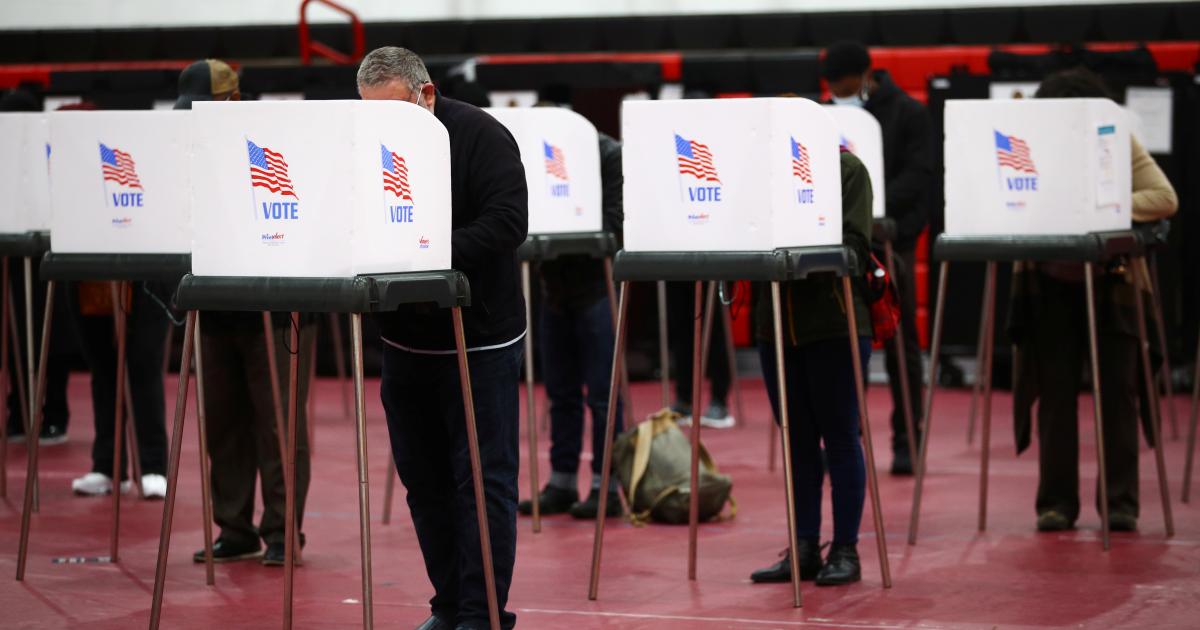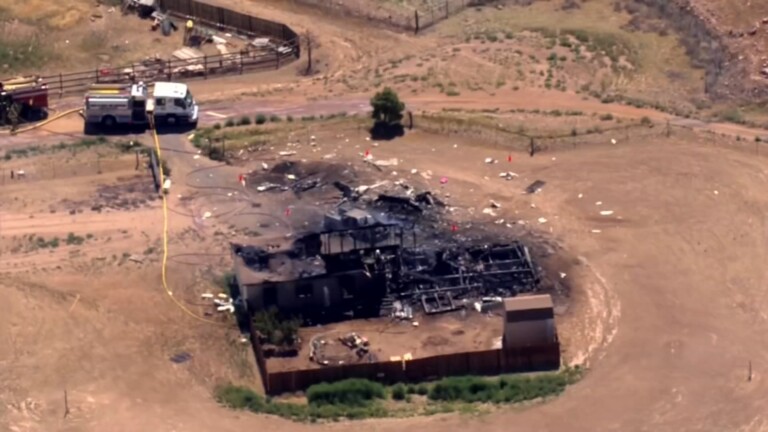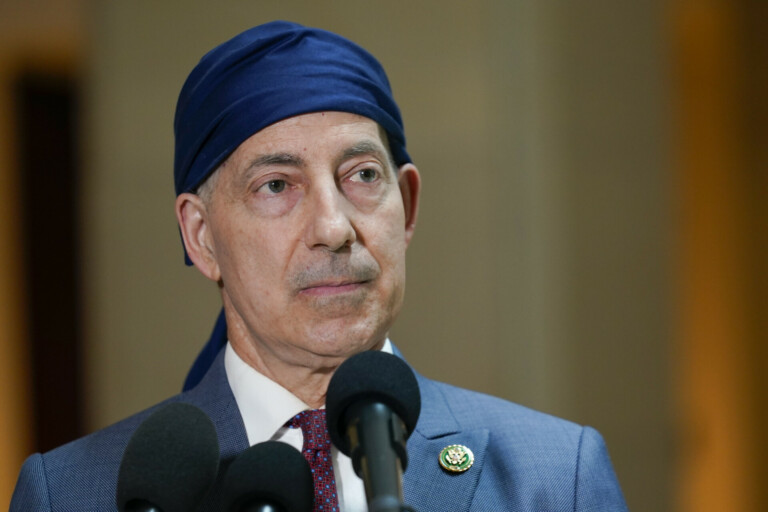Americans remain captured by ideas from a vanishing era when their power reigned supreme, which warps how they understand conflict, how they approach negotiations, how they think about their capabilities, and even how they analyze problems, reported Foreign Affairs on Thursday.
“Cold War history has become a straitjacket constraining how Americans perceive the world,” said the report. “When U.S. policymakers and commentators need guidance, they habitually turn to the Cold War. They mine its events for lessons, consult its characters for advice, and compare its features to the present. Cold War history sets the terms of debate over the United States’ approach to the world.”
“This Cold War compulsion hinders more than it helps,” it noted. “The incongruence between today’s realities and the history of the Cold War has stunted the search for a new American strategy.”
Today, most analysts agree that the United States’ declining share of global GDP, narrowing military advantages, decreasing technological supremacy, and waning diplomatic influence mean that Washington will soon face a multipolar world for the first time since World War II, it said.
“To manage the coming multipolar order, the U.S. foreign policy community must study earlier eras when states struggled to survive without the advantages of overwhelming power,” it added. “By familiarizing themselves with different styles of statecraft, Americans will gain the tools to better handle the multipolar future.”







